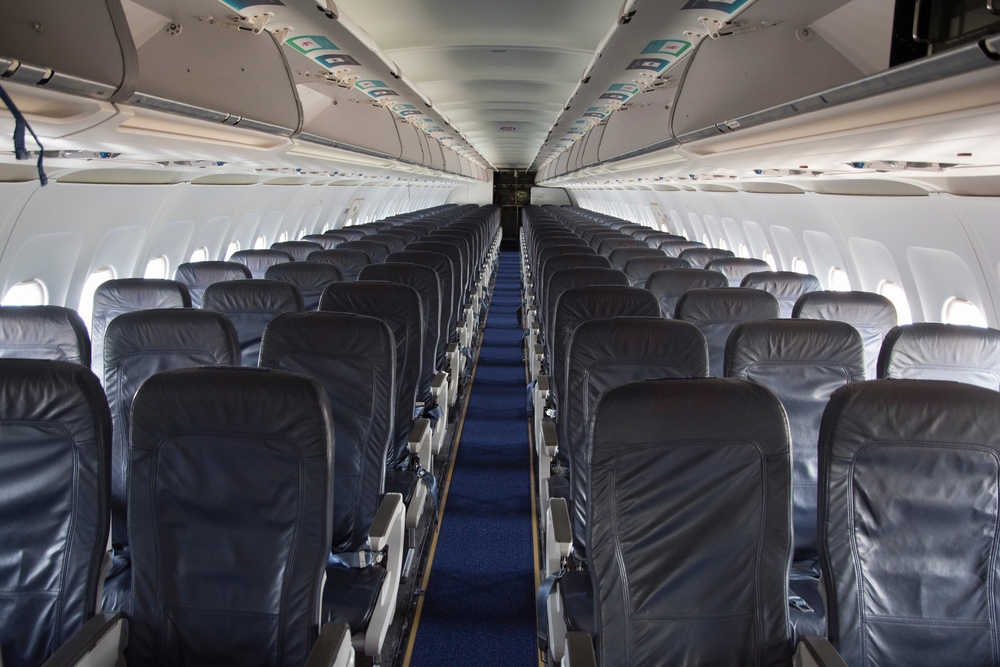Have you been paying unexpected or hidden fees for your internet service, airline ticket, or hotel stay? These costs can negatively impact your finances, making it challenging to stay within your budget. The Biden Administration is cracking down on hidden or "junk" fees that aren’t transparent to consumers. The fees aren’t often disclosed at the time of purchase and are later added to the final bill. Keep reading to learn how the Junk Fee Prevention Act could save you hundreds of dollars.
What Is the Junk Fee Prevention Act?
President Biden is calling on Congress to cap fees for different industries, including hotels, airlines, and entertainment. He proposes that companies should be more transparent in their pricing structure. This will allow consumers to make informed decisions about what they’re purchasing. It’s worth noting that the Junk Fee Prevention Act is only a proposal; Congress still needs to pass it. The Junk Fee Prevention Act focuses on four types of junk fees:
- Excessive ticket fees for sports, concerts, and other live events
- Airline fees for picking seats, including when family members have to pay to sit with each other
- Destination or resort fees charged by hotels
- Early termination fees for internet, TV, and phone services
How Does the Junk Fee Prevention Act Save Money?
Many Americans struggle to cope with inflation; many households are stretching their paychecks to make ends meet. Junk fees are an additional financial burden. Unexpected fees are frustrating for consumers, who often feel cheated by companies that aren’t transparent in their pricing structure.
Telecommunications
Several internet service providers (ISP), cable TV operators, and mobile phone companies charge early termination fees. Unfortunately, these fees are often high, depending on the terms of the contract. The Junk Fee Prevention Act proposes that such exorbitant fees should be reduced or eliminated, allowing consumers to choose their service provider without worrying about these extra costs. This will also enable newer ISPs to compete against more well-established ISPs.
Airline Tickets

Another industry notorious for its junk fees is aviation. Airlines often charge seat selection fees, which are costly for families that want to sit together. For example, parents often have to pay seat selection fees to ensure they can sit beside their children. However, President Biden believes no parent should pay extra fees to sit next to their child on a flight.
The Department of Transportation (DOT) issued a notice in 2022 that U.S. airlines should ensure children are seated next to their parents. However, implementing these guidelines is taking longer than expected. The Junk Fee Prevention Act will help DOT expedite the implementation of the ban on family seating fees.
Hotels
Consumers also have to worry about destination fees. Hotels often charge a "resort fee" or "destination fee" that’s not included in the price when booking. These costs quickly add up to a substantial amount, especially for an extended stay or when booking multiple rooms. The average hidden fee charged by a hotel is more than $50 per night, but it can range from $20 to $90 per night. As a result, families often go over their budget.
Hotels have collected billions of dollars in these surcharges. The Junk Fee Prevention Act would require businesses to be more transparent with their pricing and include any surprise fees in the room costs.
Online Tickets
Consumers buying online tickets for sporting events or concerts pay service fees that aren’t disclosed upfront. When buyers browse tickets, they only see the ticket's face value. During checkout, extra fees are added to the price. In most cases, the added costs are more than half the original ticket price.
The lack of competition in the ticket-selling space worsens this problem, as customers feel pressured to pay the extra fees or risk losing a spot for the event. Most events only sell tickets through a single online vendor, making it impossible for consumers to attend the event without paying the extra fees. The Junk Fee Prevention Act will prohibit excessive fees and require online ticket sellers to disclose all costs in the ticket price. The ticket sellers must also disclose any ticket holdbacks that could disrupt the supply.
Future of Junk Fee Prevention Act
The benefit of the Junk Fee Prevention Act for consumers is clear, but if Congress passes it, it would require many companies in the U.S. to restructure their pricing model. It will also have a significant impact on their revenues. Now the ball is in Congress’s court, which has to make the call on the legislation. We'll have to wait and see if the Junk Fee Prevention Act becomes a reality.


